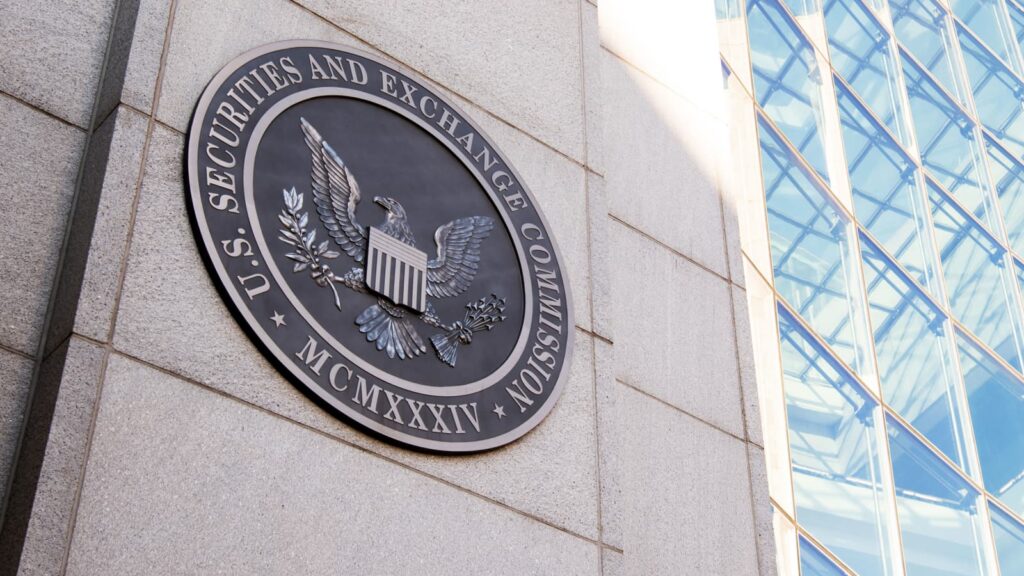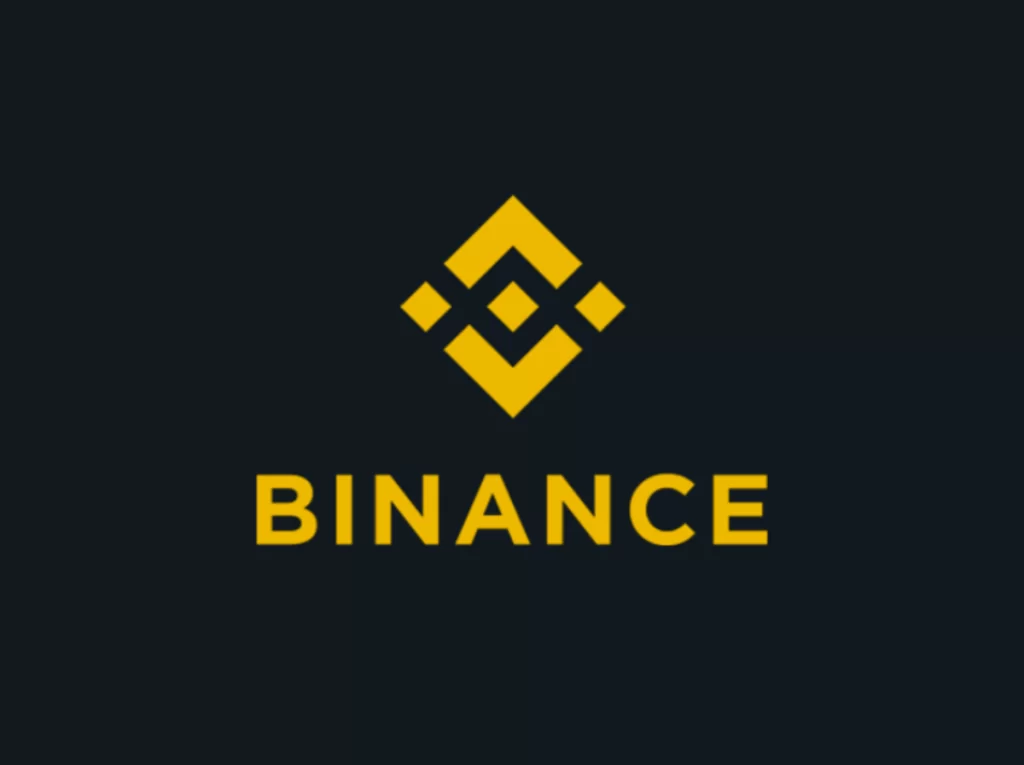South Korea’s Financial Supervisory Service (FSS), the primary financial regulatory authority in the country, has unveiled its plan to seek insights from the United States Securities and Exchange Commission (SEC) regarding spot Bitcoin exchange-traded funds (ETFs).
The FSS is responsible for overseeing and regulating financial institutions under the broader jurisdiction of the Financial Services Commission.
On February 5, FSS Chief Lee Bok-Hyun presented the organization’s business plan for 2024 in Seoul.
As part of this plan, the FSS intends to visit major advanced financial markets, including New York, during the second quarter of the year.
The primary focus of these visits is to engage in discussions concerning various aspects of South Korean financial markets, with a specific emphasis on spot Bitcoin ETFs, according to reports.
Chief Lee also disclosed his intentions to meet with SEC Chair Gary Gensler later in 2024 to discuss digital assets and, notably, spot Bitcoin ETFs, among other financial matters.
He underscored the significant influence of the SEC’s recent approval of spot Bitcoin ETFs on global financial policies.
This announcement comes shortly after the SEC’s groundbreaking decision to greenlight 11 spot Bitcoin ETFs on January 10, marking the first-ever approval of such ETFs in the United States.
Previously, the SEC had rejected spot Bitcoin ETF applications, citing concerns about the crypto market’s relatively small size and susceptibility to market manipulation.
READ MORE; FTX Seeks Court Approval to Sell Anthropic Stake Amidst Bankruptcy
Following the SEC’s approval of spot BTC ETFs, the Korean securities regulator cautioned local firms against facilitating spot Bitcoin ETF transactions from the United States.
However, they also signaled their intention to review and update their regulatory framework pertaining to spot Bitcoin ETFs traded in the United States.
South Korea has established itself as a prominent regulator in the Asia-Pacific region when it comes to cryptocurrency markets.
The country often takes cues from the United States with regard to crypto regulations, including measures like prohibiting the use of credit cards for crypto purchases and banning crypto mixing services.
This ongoing collaboration with the SEC underscores South Korea’s commitment to staying current with evolving global crypto trends and regulations.








